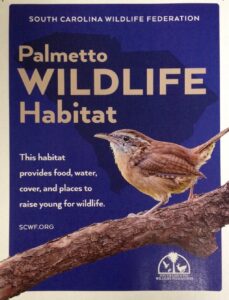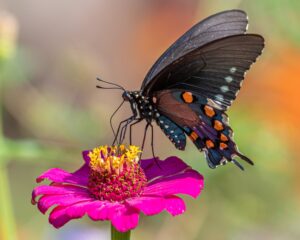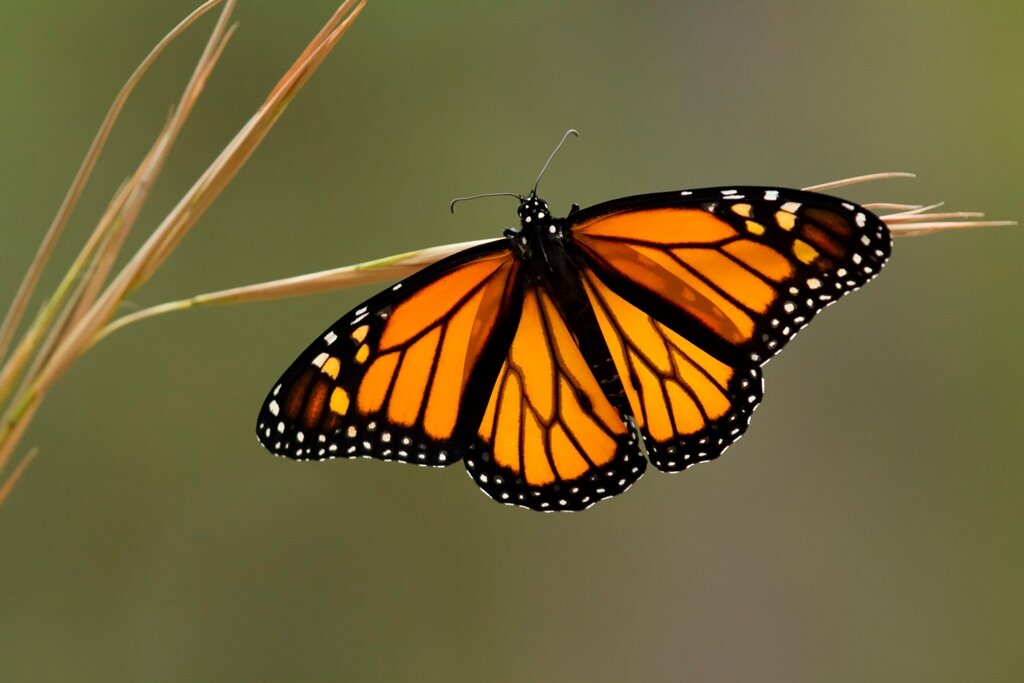
Keep South Carolina Wild
May 19, 2023
SCWF was honored to be featured in the SC Sea Grant Consortium’s Coastal Heritage Magazine in their Spring 2023 issue. Check out the full article by Erica Hussey on their website HERE – it contains TONS of great information about conservation in your backyard!
Below is an excerpt about SCWF and how to certify habitats throughout your community:

The South Carolina Wildlife Federation (SCWF) offers individuals and communities wildlife habitat certifications for their yards, balconies, schools, churches, and just about any other green space. Businesses and corporations can also apply for similar certification to create dual-process business land spaces. The certification encourages a commitment to local environments and education about declining habitats.
The SCWF has been around since 1931 and affiliated with the National Wildlife Federation since 1946. The SCWF’s goal: to conserve and restore South Carolina’s wildlife and wildlife habitat. The certification program offers one way to meet that goal. Currently, South Carolina is ranked eleventh across the nation in the number of certified lawns per capita; the SCWF has logged 10,957 certified yards in its fifty-year history. A portion of the proceeds garnered from the program is fed directly back into local programming in South Carolina.
The United Nations estimates that one million plant and animal species are threatened by extinction. Worldwide species are being lost alongside disappearing habitats. According to Savannah Jordan, SCWF’s habitat education manager, it can be overwhelming to think of the magnitude of loss. “But you can start in your own yard, your own community, and it can make a huge difference,” says Jordan. “It all starts with one person getting interested and then it just spreads. It’s really cool—seeing people [who] want to learn and then teaching others as well. I think that’s super.”
Wildlife habitat certification is straightforward. The requirements are food, water, cover, places to raise young, and sustainable practices. Certification requirements encourage using native plants, capturing rainwater, installing pollinator or rain gardens, reducing lawn areas, and reducing erosion—all of which lessens stormwater pollution and flooding.

“Native plants reestablish the ecosystems that are already there. The plants are adapted to the climate. They go hand in hand; they’re made for each other. They’re more drought resistant and generally easier to grow,” says Jordan. If rewilding or certifying a backyard is too daunting, Jordan suggests starting small. A native plant pollinator container garden allows for portability and the reduction of space requirements, but the benefits remain in providing colorful flowers for local pollinator species. A nest box or bird feeder can act as a low-stakes gateway to wildlife in green spaces. For Jordan, it all started in her own backyard, birdwatching and noticing birds she had never seen before. “It could develop into a love for something that somebody never even knew they would love. That’s all it takes. Just one small step could lead to something amazing.”
From Francis Beidler Forest to the Congaree National Park, to the Upstate mountains or the Sea Islands, or to your own backyard, wildlife and native plants are integral to the character of South Carolina. Where else can you walk among the dwarf palmettos in the shade of towering oaks and hear: “Who cooks for you? Who cooks for you all?”

Want to be the first to know about our events, classes, and volunteer opportunties? Sign up here to receive our monthly eNewsletter in your inbox. Although August can be very...

By Hannah Nybo, SCWF community outreach intern With support from people all over South Carolina and deep appreciation for generous donors and volunteers, this year’s native milkweed seed distribution program...

Set among the lush maritime forest and salt marshes of Hilton Head Island, Moss Creek is a private residential community dedicated to protecting and enhancing wildlife habitat in their neighborhood....